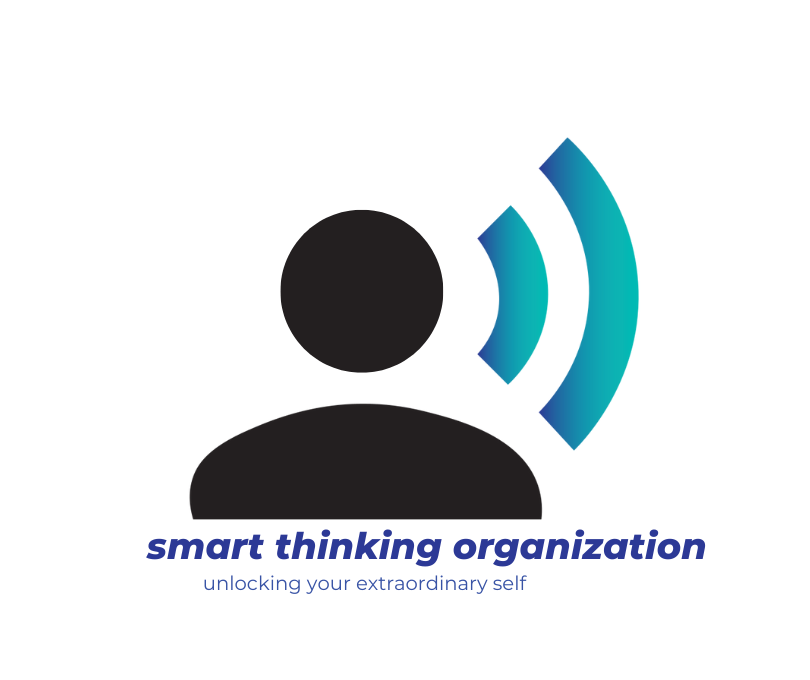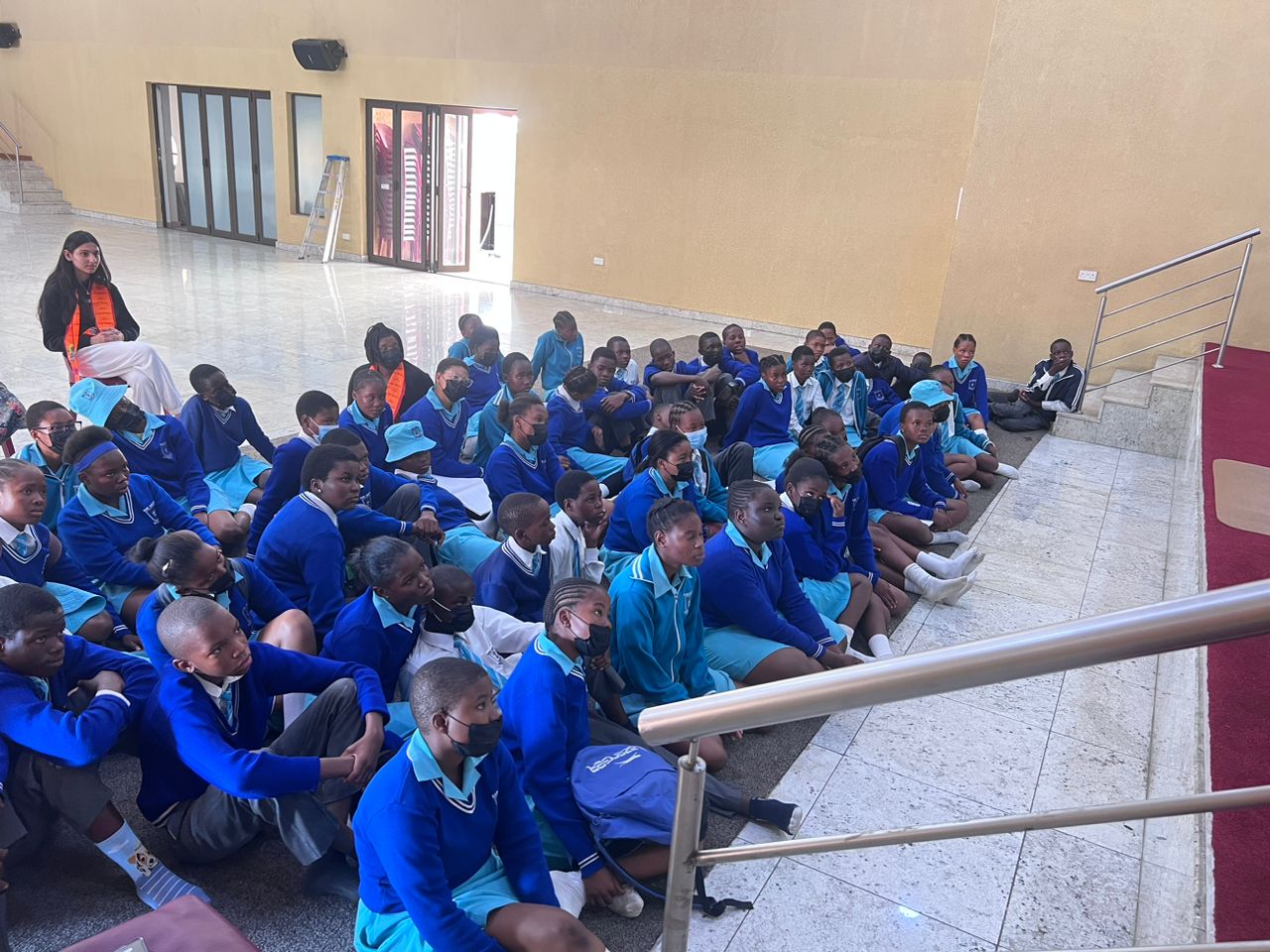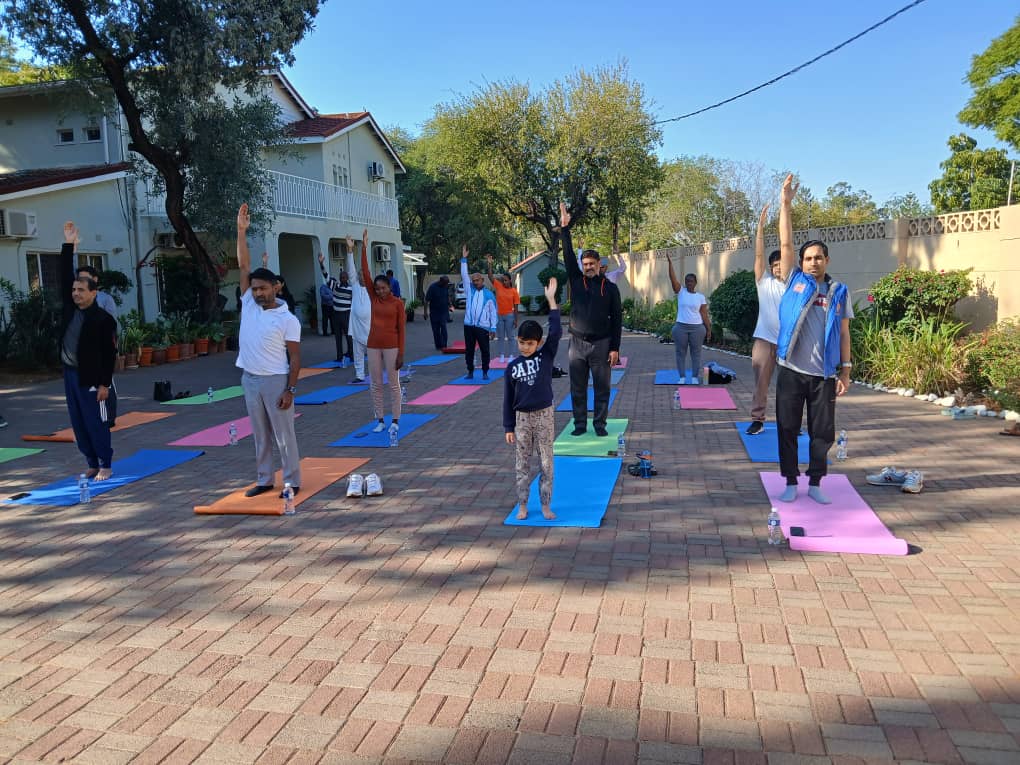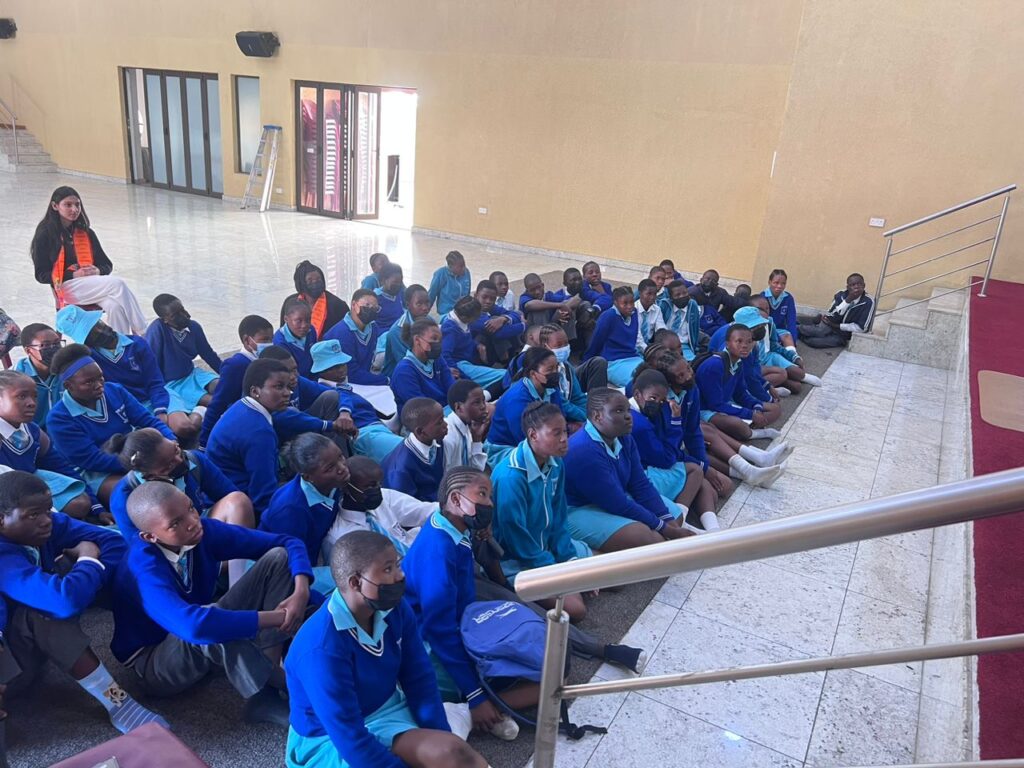Leadership is a vital skill that empowers individuals to influence, inspire, and guide others towards achieving common goals. For youths, developing leadership skills is not only about preparing for future career opportunities but also about cultivating confidence, responsibility, and a sense of purpose. In the post-pandemic world, where adaptability and innovation are more important than ever, nurturing leadership skills in young people is crucial.
Why Leadership Skills Matter for Youths
Leadership skills help youths:
- Build Confidence: Taking on leadership roles boosts self-esteem and helps young people believe in their abilities.
- Enhance Communication: Effective leaders must communicate clearly and persuasively, skills that are beneficial in all areas of life.
- Foster Responsibility: Leadership teaches accountability and the importance of following through on commitments.
- Encourage Teamwork: Leaders learn to work collaboratively, appreciating diverse perspectives and talents.
- Promote Problem-Solving: Leaders are often called upon to solve problems creatively and make decisions under pressure.
Strategies for Developing Leadership Skills
1. Get Involved in Extracurricular Activities
Participating in extracurricular activities such as sports teams, clubs, or student government provides valuable opportunities for youths to take on leadership roles and responsibilities.
How to Get Started:
- Join school clubs or community organizations that align with your interests.
- Volunteer for leadership positions or offer to organize events and activities.
- Take initiative in group projects and encourage others to participate.
2. Seek Out Mentorship
Mentorship from experienced leaders can provide guidance, support, and valuable insights. Mentors can help youths navigate challenges and develop their leadership potential.
Tips for Finding a Mentor:
- Look for mentors in your school, community, or through family connections.
- Participate in mentorship programs offered by organizations like Smart Thinking Organization.
- Build relationships with teachers, coaches, or professionals who can offer advice and support.
3. Embrace Opportunities for Public Speaking
Public speaking is a key component of effective leadership. Developing strong communication skills helps leaders articulate their vision, motivate others, and build credibility.
Ways to Practice Public Speaking:
- Join a debate club or public speaking group.
- Volunteer to speak at school assemblies, community events, or meetings.
- Practice speaking in front of friends or family to build confidence.
4. Volunteer and Serve the Community
Community service teaches empathy, responsibility, and the importance of giving back. Volunteering provides practical experience in organizing, leading, and managing projects.
Volunteer Opportunities:
- Participate in local charity events, clean-up drives, or social campaigns.
- Volunteer at community centers, shelters, or non-profit organizations.
- Lead a community project that addresses a specific need or issue.
5. Develop Problem-Solving Skills
Leaders are often faced with challenges that require quick thinking and innovative solutions. Developing problem-solving skills is essential for effective leadership.
How to Enhance Problem-Solving Skills:
- Engage in activities that challenge your critical thinking, such as puzzles or strategy games.
- Take part in group projects that require collaboration and creative solutions.
- Reflect on past experiences and consider what strategies worked well and what could be improved.
6. Learn to Listen and Empathize
Effective leaders listen to others and understand their perspectives. Empathy helps leaders build strong relationships and create a supportive and inclusive environment.
Practicing Empathy:
- Actively listen to others without interrupting or judging.
- Show genuine interest in others’ experiences and feelings.
- Offer support and encouragement to peers and team members.
7. Set Personal Goals and Reflect
Setting personal goals helps youths stay focused and motivated. Regular reflection on progress and experiences fosters self-awareness and continuous improvement.
Goal-Setting Tips:
- Set specific, measurable, achievable, relevant, and time-bound (SMART) goals.
- Break larger goals into smaller, manageable steps.
- Reflect regularly on your progress and adjust your goals as needed.
Conclusion
Developing leadership skills is a journey that involves continuous learning, practice, and reflection. By embracing opportunities for involvement, seeking mentorship, and practicing key skills, youths can become effective leaders who inspire and influence others. At Smart Thinking Organization, we are committed to supporting youths on their leadership journey, providing the resources and guidance needed to thrive.





